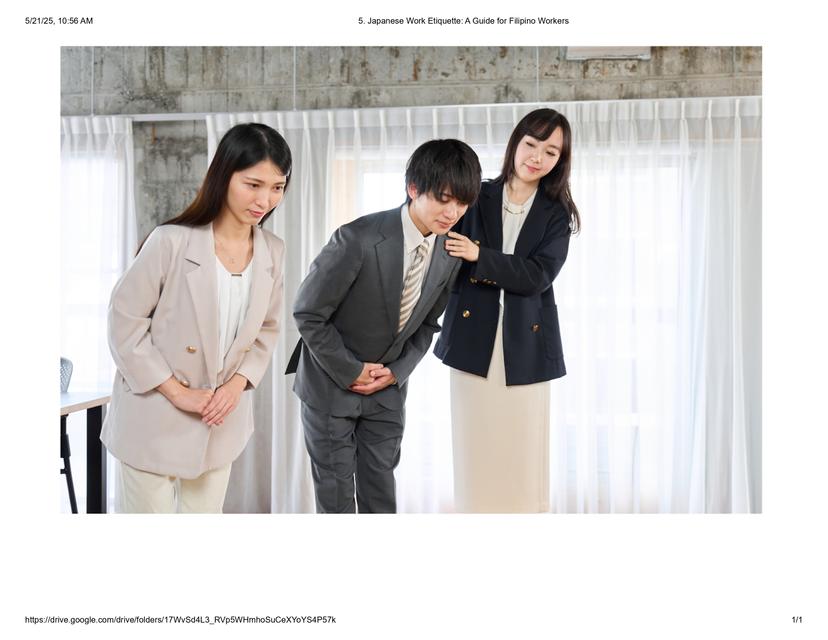Events
Do OFWs Pay Taxes? Understanding Philippine OFW Tax

Working overseas can be a rewarding experience for Filipinos, but understanding tax obligations back home can be confusing. This guide provides an updated overview of the tax responsibilities of Overseas Filipino Workers (OFWs) in the Philippines for 2025, helping you stay informed and compliant with the latest regulations.
Understanding Your Tax Obligations as an OFW
As an OFW, your tax obligations in the Philippines depend on your classification and the source of your income. The Bureau of Internal Revenue (BIR) defines an OFW as a Filipino citizen employed abroad, physically present in that country due to their employment, and receiving salary from a foreign-based employer not connected to any entity in the Philippines. To be officially recognized, you typically need to be registered with the Philippine Overseas Employment Administration (POEA) and possess a valid Overseas Employment Certificate (OEC). This classification is crucial because Philippine tax law generally exempts OFWs who are considered non-resident citizens from paying income tax on their earnings from overseas employment. This exemption acknowledges the significant contribution OFWs make to the Philippine economy through their remittances.
However, this doesn't mean OFWs are entirely free from Philippine taxes. If you have income from sources within the Philippines, such as from a business, investments, or rental properties, this income is still subject to Philippine tax laws. For instance, income from a business you own in the Philippines is taxable, and depending on its gross annual sales, it might be subject to Value Added Tax (VAT) or percentage tax. Similarly, income from investments like bank deposits, royalties, and dividends from Philippine companies are also taxable, usually through final withholding taxes. Rental income from properties you own in the Philippines is also subject to tax, potentially including VAT depending on the gross annual rental income.
Key Tax Considerations and Updates for 2025
Staying updated with the latest tax regulations is vital. The Ease of Paying Taxes (EOPT) Act, which took effect in January 2024, has introduced some changes relevant to OFWs. A significant update is the explicit exemption from filing income tax returns for OFWs who earn income solely from overseas sources. This formalizes an existing policy, providing clearer guidelines. OFWs can use their Overseas Employment Certificate (OEC) or employment contract as proof. However, income from Philippine sources may still require filing.
It's also important to be aware of withholding taxes. Philippine corporations must withhold final tax from dividends paid to stockholders abroad. Similarly, tenants renting properties from OFWs may be required to withhold a portion of the rental payments. If you provide professional services to clients in the Philippines, they might also withhold a percentage of your fees as tax. Understanding these withholding mechanisms is crucial for managing your tax obligations.
For OFWs returning to the Philippines permanently, their income from local employment will be subject to the regular Philippine income tax rates. Your local employer will be responsible for withholding the appropriate taxes and issuing you a BIR Form 2316. Depending on your circumstances, you might be eligible for substituted filing, where this form serves as your annual income tax return.
Conclusion: Ensuring Compliance with Philippine Tax Laws
In conclusion, while your income earned from overseas employment as an OFW is generally exempt from Philippine income tax, it's essential to understand that any income you derive from sources within the Philippines remains taxable. Recent updates like the Ease of Paying Taxes Act have clarified some aspects of tax compliance for OFWs, particularly regarding the filing of income tax returns for those earning solely from abroad. To ensure you meet your tax obligations accurately, it's recommended to keep detailed records of all your income sources, understand the applicable withholding taxes, and consult with a tax professional if you have complex financial situations or are unsure about your responsibilities. Staying informed about the latest BIR regulations and updates is also crucial for continued compliance.
Official Resources
-
Bureau of Internal Revenue (BIR): https://www.bir.gov.ph/
-
Philippine Overseas Employment Administration (POEA): https://www.poea.gov.ph/
-
Overseas Workers Welfare Administration (OWWA): https://owwa.gov.ph/
-
Ease of Paying Taxes Act (Republic Act No. 11976): Refer to official gazettes or the BIR website.
-
National Internal Revenue Code of 1997 (as amended): Available through official government resources.
Disclaimer: This article provides general guidance only and should not be considered legal or tax advice. Always consult with official sources and qualified professionals for specific situations.






